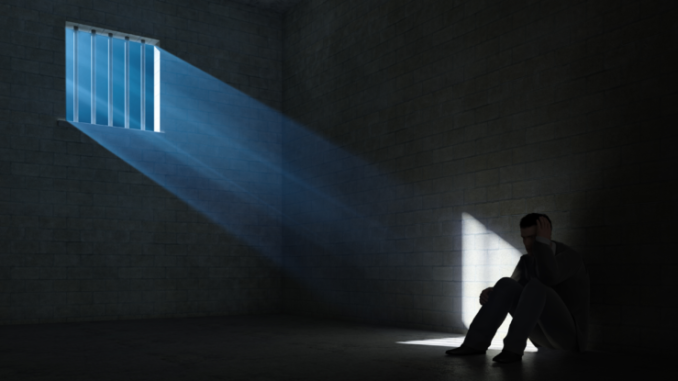
When Someone You Care about Has Depression or Bipolar Disorder
| What Helps | What Hurts |
| I understand you have a real illness and that’s what causes these thoughts and feelings. | It’s all in your head. |
| I may not be able to understand exactly how you feel but I care about you and want to help. | We all go through times like this. |
| When you want to give up, tell yourself you will hold on for just one more day, hour minute—whatever you can manage. | Look on the bright side. |
| You are important to me. Your life is important to me. | You have so much to live for—why do you want to die? |
| Tell me what I can do now to help you. | What do you want me to do? I can’t change your situation. |
| You might not believe it now, but the way you’re feeling will change. | Just snap out of it. |
| You are not alone in this. I’m here for you. | You’ll be fine. Stop worrying |
What Helps and What Hurts
People living with depression or bipolar disorder often experience symptoms like feeling hopeless, empty, or worthless. You may want to say something to help the person feel better, but what can you say? Are there comments you should avoid because they will hurt more than they help?
The chart below lists some common statements that may help you speak in a supportive way with a loved one who lives with a mood disorder. Put the statements into your own words. What’s most important is that your loved one knows you are there to support them.
Preparing for a Crisis
It is better to talk with your loved one before a crisis occurs and determine the best treatment options together. Work with your loved one in advance to write down ways to cope and what to do if symptoms become severe.
If your loved one is experiencing ongoing thoughts of suicide or is in immediate danger, contact a doctor, go to a hospital emergency room, or call the National Suicide Prevention Lifeline at 1-800-273-TALK (8255).
Get Support for Yourself
Remember to take care of yourself so you are able to be there for your loved one. Find support for yourself with understanding friends or relatives, in therapy of your own, or by connecting with an in-person DBSA support group or online community at DBSAlliance.org/FindSupport.
There is hope!
As a friend or family member of someone who is living with bipolar disorder or depression, your support is an important part of working toward wellness. Don’t give up hope. Treatment for mood disorders does work, and people with mood disorders can and do live productive and thriving lives.
For more information about ways to help someone you love living with a mood disorder, please visit DBSAlliance.org/FamilyCenter.
Asking for Help
Many of us living with a mood disorder have a difficult time asking for help when we need it. Here are some tips for how to speak with your supporters about your needs.
• Choose a time that is relatively calm and free of distractions. You may need to make an appointment to sit down with friends or family members.
• Begin your statements with yourself:
“I feel,” or “I need.” Avoid “you” statements like “You always criticize me,” which can make a person feel blamed or defensive.
• Provide them specifics of what they can say or do that will help you.
This includes practical things like helping with housework or taking you somewhere.
 Depression and Bipolar Support Alliance
Depression and Bipolar Support Alliance
We’ve been there. We can help.
Depression and Bipolar Support Alliance
55 E. Jackson Blvd., Suite 490 Chicago, IL 60604
Phone: (800) 826-3632 or (312) 642-0049 Fax: (312) 642-7243 DBSAlliance.org
We hope you found the information in this brochure helpful. If you’d like to support DBSA’s mission to improve the lives of people living with mood disorders, please consider making a donation by calling (800) 826-3632 or online at DBSAlliance.org/Donate.
The Depression and Bipolar Support Alliance (DBSA) is the leading peer-directed national organization focusing on the two most prevalent mental health conditions, depression and bipolar disorder. Through our extensive online and print resources and our more than 700 support groups and nearly 300 chapters, DBSA reaches millions of people each year with in-person and online peer support; current, readily understandable information about depression and bipolar disorder; and empowering tools focused on an integrated approach to wellness.
©2015 Depression and Bipolar Support Alliance 7/15
Models used for illustrative purposes only
